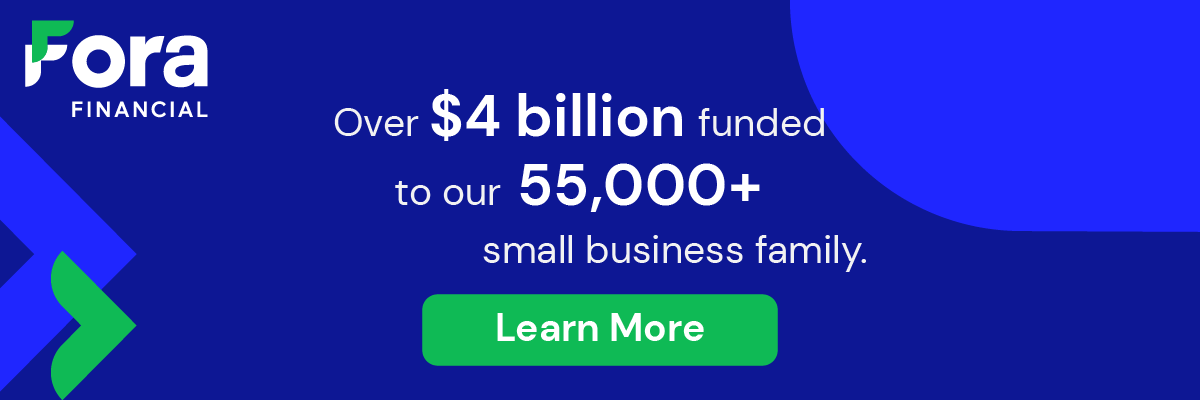A fixed-rate loan has a constant level of interest, helping you keep your budget stable. Variable loan rates may change with the market, offering more flexibility to your company. To decide between these two types of loans, take a close look at your risk tolerance and financial goals.
If you prefer steady payments, go for fixed. If you're comfortable with potential changes, consider variables. Either way, understand the loan’s terms, ask plenty of questions, and align your choice with your business’s needs. It's all about finding the balance between stability and flexibility to support your business's financial health and growth.
What Is a Fixed Loan?
A fixed loan has a constant interest rate throughout its term. Monthly payments stay the same, making the payoff period predictable. This type of loan is the best option for those who prefer consistent payments and want to lock in a specific interest rate for the entire duration of the loan.
Pros and Cons of a Fixed Loan
Pros:
- Predictable payments: Monthly installments remain constant, helping you budget well.
- Interest rate stability: Borrowers are protected from rate changes.
- Long-term planning: Ideal for those who prefer financial predictability.
Cons:
- Potentially higher initial rates: Fixed rates may be higher initially compared to variable options.
- Limited benefit in falling markets: Borrowers won't benefit from decreasing interest rates.
- Less flexibility: Fixed loans may offer less flexibility than variable loans in certain situations.
Example of a Fixed Loan
Here’s a quick example of a fixed loan in action: a trucking company might use this form of loan to make equipment purchases. With a fixed interest rate, the business can plan and budget effectively, knowing that monthly payments will remain constant. This stability is a game-changer when investing in long-term assets, allowing the business to manage its cash flow with confidence over the loan term.
What Is a Variable Loan?
A variable loan for small businesses is a revolving line of credit where the interest rate fluctuates based on market conditions. This type of loan provides flexibility in borrowing and repayments, helping businesses adapt to changing financial needs.
While initial rates might be lower on these loans, the variable nature means payments can rise, making them best for businesses comfortable with market-driven adjustments and short-term financing requirements.
Pros and Cons of Variable vs. Fixed APR
Pros:
- Initial lower rates: Variable loans may offer lower interest rates initially.
- Potential cost savings: Borrowers can benefit if market interest rates decrease.
- Flexibility: Monthly payments may adjust, helping borrowers adapt to changes.
Cons of a Variable Loan:
- Interest rate risk: Rates can increase, leading to higher payments.
- Budget uncertainty: Monthly payments may vary, making budgeting less predictable.
- Potential for higher overall cost: If rates rise, the total interest paid over the loan term may be higher than with a fixed loan.
Example of a Variable Loan
A small retail business might opt for a variable-rate business line of credit to manage seasonal ups and downs. With this loan, the interest rate adjusts based on market conditions, providing the flexibility the store needs to handle dips in sales.
Is a Small Business Loan Fixed or Variable?
Small business loans can be either fixed or variable. The key difference between fixed and variable loans is in the interest rate — fixed-rate loans have the same interest rate throughout the payoff period. Variable rates, on the other hand, can increase and decrease in interest over time.
The Bottom Line
Now, we’ve answered the question, “Is a small business loan fixed or variable?” so it’s time to decide which loan is right for your company. Start by assessing your financial goals and levels of risk tolerance.
Opt for a fixed loan if stability and predictable payments are your top priorities, providing constant interest rates.
On the other hand, if you can handle the flexibility of market changes and want to max out your initial savings, consider a variable loan.
Evaluate your long-term plans and potential interest rate impacts as you make your decision. Talking with a business finance professional can help you choose the right loan and set your company up for success. To learn more, compare your lending options today and see which is the best fit for you!



